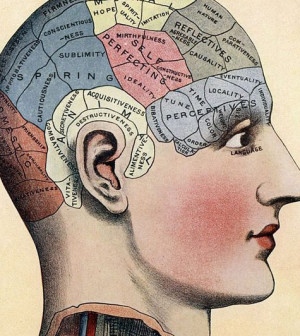- The Best Time of Day to Drink Bone Broth to Maximize Health Benefits
- 8 Ways to Increase Dopamine Naturally
- 7 Best Breads for Maintaining Stable Blood Sugar
- Gelatin vs. Collagen: Which is Best for Skin, Nails, and Joints?
- The Long-Term Effects of Daily Turmeric Supplements on Liver Health
- Could Your Grocery Store Meat Be Causing Recurring UTIs?
- Are You Making This Expensive Thermostat Error This Winter?
- Recognizing the Signs of Hypothyroidism
- 10 Strategies to Overcome Insomnia
- Could Artificial Sweeteners Be Aging the Brain Faster?
Scientists Spot Brain’s ‘Off’ Switch for Water Intake


Thirst is crucial to staying healthy and hydrated, but how does the brain know when to put a stop to water intake? A new study suggests that scientists have solved that question.
There are real implications for medicine, since drinking too much water can dilute salt concentrations in the blood, resulting in potentially fatal brain swelling. The condition occurs in some patients with schizophrenia and in some marathon runners, the team of Australian researchers explained.
In their study, the researchers used MRI to scan volunteers’ brains at two points — when they were thirsty, and then after they drank as much water as they could.
“Different areas of the brain involved in emotional decision-making were activated when people drank water after becoming thirsty and [then] when study participants followed instructions to keep drinking when no longer thirsty,” study author Derek Denton, a professor at the University of Melbourne, said in a university news release.
“The brain regions determining the signals to stop drinking have not previously been recognized in this context,” he noted. The study, “identifies an important component in regulation and this ‘stop mechanism’ may prevent complications from excessive water intake.”
The findings could be applied to other areas of human gratification, such as eating, salt intake and sexual behavior, Denton theorized.
More information
The U.S. Centers for Disease Control and Prevention has more about water consumption.
Source: HealthDay
Copyright © 2026 HealthDay. All rights reserved.










